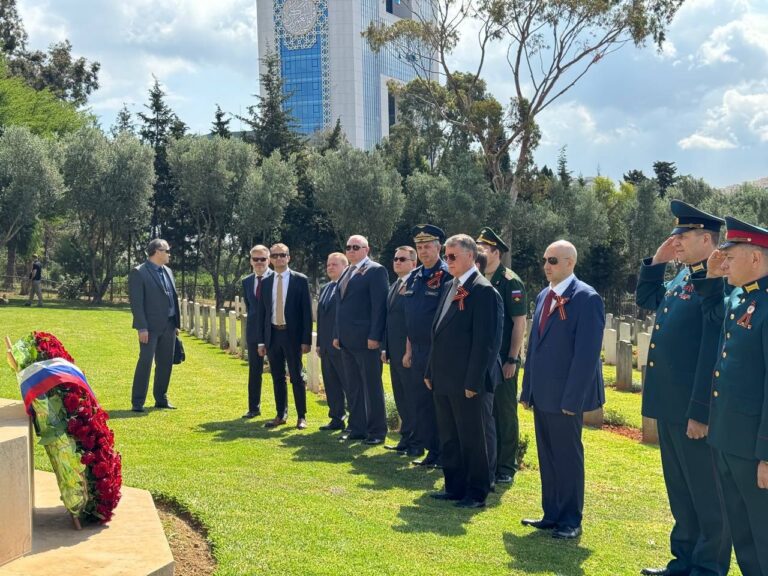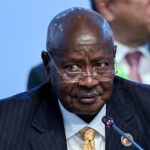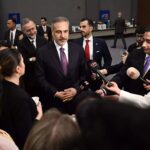Russia’s engagement with Algeria has grown significantly over the past decade, with a quiet yet consequential element being the deployment of military advisers. While these developments are not unprecedented, the reported presence of high-profile figures such as General Sergey Surovikin has raised new questions about the depth and intent of Russian military and geopolitical ambitions in North Africa.

General Sergey Surovikin, known for his roles in Syria and Ukraine, was appointed head of the Coordinating Committee for Air Defence under the Council of Defence Ministers of the Commonwealth of Independent States (CIS) in September 2023. Shortly after his appointment, he made an official visit to Algeria on 15 September 2023. This visit was part of his duties in his new role and helped dispel rumors about his whereabouts following the Wagner Group rebellion.
I. Historical Background: Russia-Algeria Military Ties
- Cold War Legacy: Soviet Union supported Algeria’s independence war; strong ideological and military cooperation followed.
- Post-1991 Recovery: Russia resumed defense exports in the early 2000s, signing billion-dollar arms deals (Su-30, S-300, T-90).
- Recent Upgrades: Joint training, naval visits, and reports of Russian instructors advising Algerian elite units.
II. Motivations for Russian Deployment of Advisers
- Geostrategic Leverage: Algeria offers a stable partner bordering the Mediterranean, Sahel, and Libya—regions of Russian strategic interest.
- Counterbalance to NATO: Russia aims to weaken NATO’s southern flank and diversify its African foothold beyond Mali and Sudan.
- Energy and Arms Influence: Algeria, an energy powerhouse, presents a gateway for Russia to consolidate its presence in both oil diplomacy and arms trade.
III. Role and Significance of General Sergey Surovikin
- Background: Surovikin, a hardened commander with experience in Syria and Ukraine, has been linked to Wagner and brutal counterinsurgency tactics.
- Unconfirmed Deployment: Rumors about Surovikin being in Algeria remain unofficial but reflect Moscow’s willingness to use high-profile figures to signal deeper engagement.
- Symbolism and Intent: If true, Surovikin’s presence would suggest Algeria is becoming a front-line partner in Russia’s military diplomacy and irregular warfare doctrine.
IV. The Western Sahara Dimension
- Algeria-Polisario Links: Algeria supports the Polisario Front against Moroccan claims.
- Russian Advantage: Moscow can exploit the conflict to strain Moroccan-Western ties and undermine U.S. influence in Rabat.
- Training and Equipment?: Unverified reports suggest Russian trainers may be involved in bolstering Algerian border units, potentially connected to Western Sahara’s security theater.
V. Libyan Factor and the Sahel Corridor
- Wagner Legacy: Russia maintains links in eastern Libya through Haftar’s LNA; Algeria has expressed concerns over regional spillovers.
- Strategic Bridge: Russian presence in Algeria could serve as a launchpad for influence or operations in Libya, Mali, and Niger.
- Border Security as Pretext: Russian advisers may support Algeria’s counterterrorism efforts while embedding strategic intelligence assets.
VI. Implications for the West and Regional Balance
- Shift from Neutrality: Algeria’s non-aligned posture is being tested; deeper Russian involvement may tilt it away from Western cooperation.
- Concern for France and the U.S.: France, already retreating from Mali and Niger, sees Algeria as a last bastion of influence.
- Risk of Escalation: Western pushback could increase regional polarization, especially with Morocco’s pro-West stance.
Russia’s deployment of military advisers to Algeria, whether official or in shadow form, reflects a multidimensional strategy: projecting power, countering NATO, and building influence in North Africa’s key flashpoints. The possibility of high-level figures like General Surovikin being involved illustrates the seriousness of Moscow’s intent. The convergence of Algerian interests with Russian strategic goals—particularly in the Western Sahara and Libyan arenas—could reshape the geopolitical contours of the Mediterranean and the Sahel.
Recommendations
- For NATO and EU:
- Increase transparency in intelligence sharing on Russian activities in North Africa.
- Reinforce diplomatic engagement with Algeria to limit Moscow’s strategic penetration.
- For the African Union:
- Encourage Algerian-Moroccan dialogue on Western Sahara to reduce conflict manipulation risks.
- Monitor foreign advisory activity to maintain regional sovereignty.
- For the U.S.:
- Reassess military cooperation with North African states.
1. Historical and Political Foundations of the Algeria-Russia Military Relationship
- Legacy ties: Highlight Algeria’s long-standing military relationship with the Soviet Union, including officer training, joint exercises, and arms deals.
- Defense procurement: Algeria remains one of Russia’s largest arms customers (e.g., Su-30 fighters, T-90 tanks, S-400s).
- Military doctrine alignment: Russian advisers may play a role in shaping Algerian doctrine, especially regarding counterinsurgency and desert warfare, which has strategic relevance in the Sahel and Libya.
2. Nature and Structure of Adviser Deployment
- Official vs. unofficial presence: Clarify whether advisers operate under bilateral military cooperation agreements or are attached to arms contracts as “technical consultants.”
- Units or institutions involved: Indicate whether these advisers are tied to the Russian General Staff, GRU, Rosoboronexport, or possibly rebranded Wagner-style contractors.
- Geographic focus: Suggest key locations—likely areas are southern Algeria (Illizi, Tamanrasset), close to both Libya and the Sahel.
3. Objectives of Russian Advisers in Algeria
- Influence Algerian strategic alignment: Reduce Western military influence (e.g., French and U.S. cooperation), especially in counterterrorism operations.
- Secure intelligence: Use advisory roles to gain insight into Algeria’s internal security apparatus, border operations, and views on Western Sahara and Libya.
- Enable dual-use deployment: Serve as a forward base for soft power projection into the Sahel (e.g., Mali, Niger) and Libya—possibly even prepare the ground for larger deployments or proxy operations.
4. Implications for Western Sahara Dynamics
- Counterbalance Moroccan-Western ties: Russian advisers may help Algeria bolster Polisario Front capabilities indirectly, escalating tensions with Morocco.
- Leverage for arms diplomacy: Russia could use increased advisory presence to offer “strategic deterrence packages” (e.g., drones, air defense) tied to Western Sahara military posture.
5. Algerian Calculations
- Balancing game: While Algeria seeks Russian support, it is cautious of being drawn too deep into Russian geopolitical schemes, especially with growing China and Turkey influence in North Africa.
- Energy politics: Note that Algeria and Russia are competitors in natural gas exports (especially to Europe), complicating full alignment.
6. Western Reactions and Countermeasures
- U.S. and French scrutiny: Intelligence and diplomatic monitoring of Russia-Algeria military relations is likely increasing—important for understanding future flashpoints.
Potential sanctions risk: Algeria may risk CAATSA sanctions if its cooperation with sanctioned Russian military units intensifies.
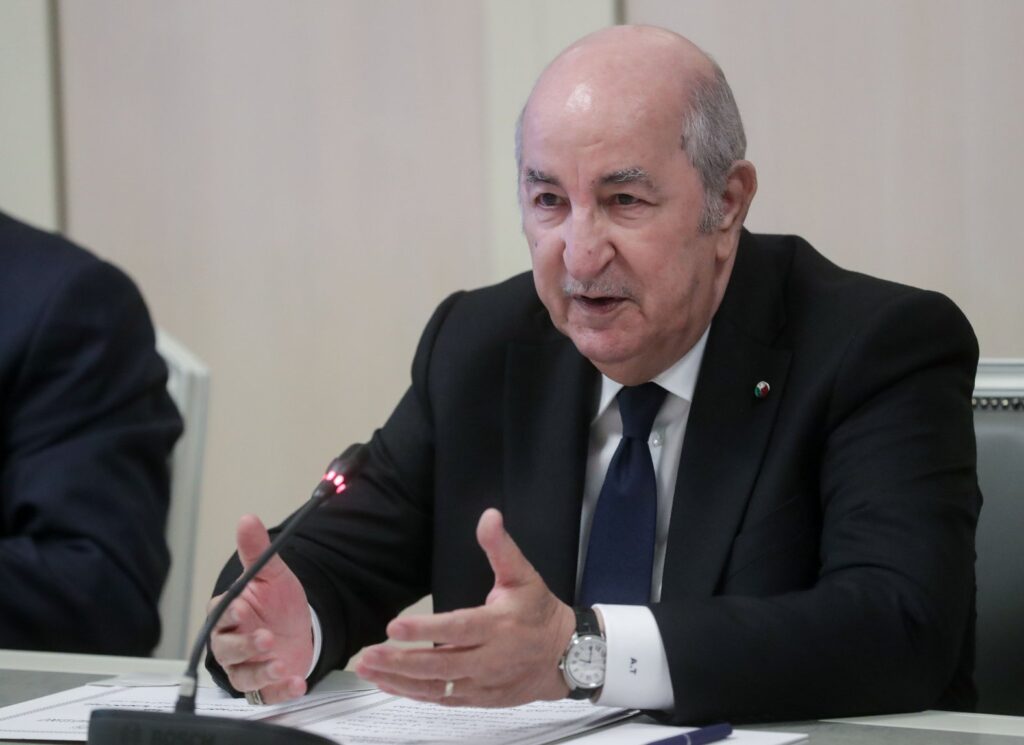
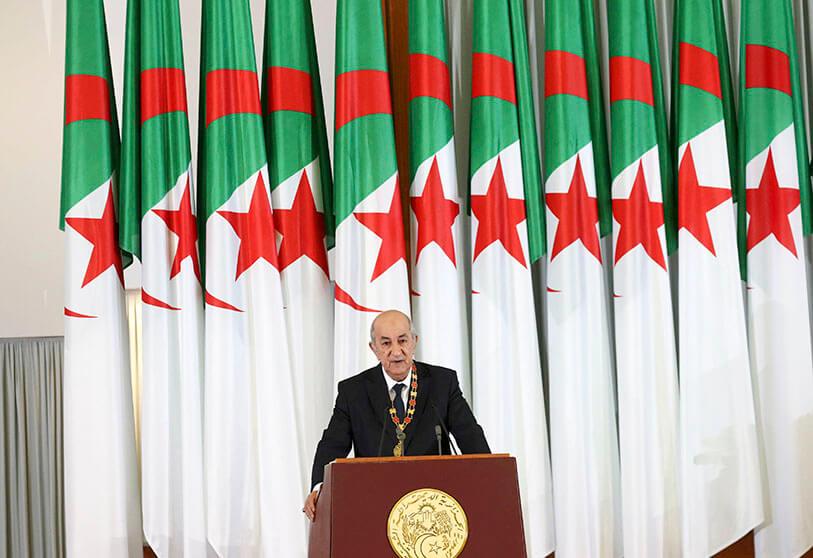
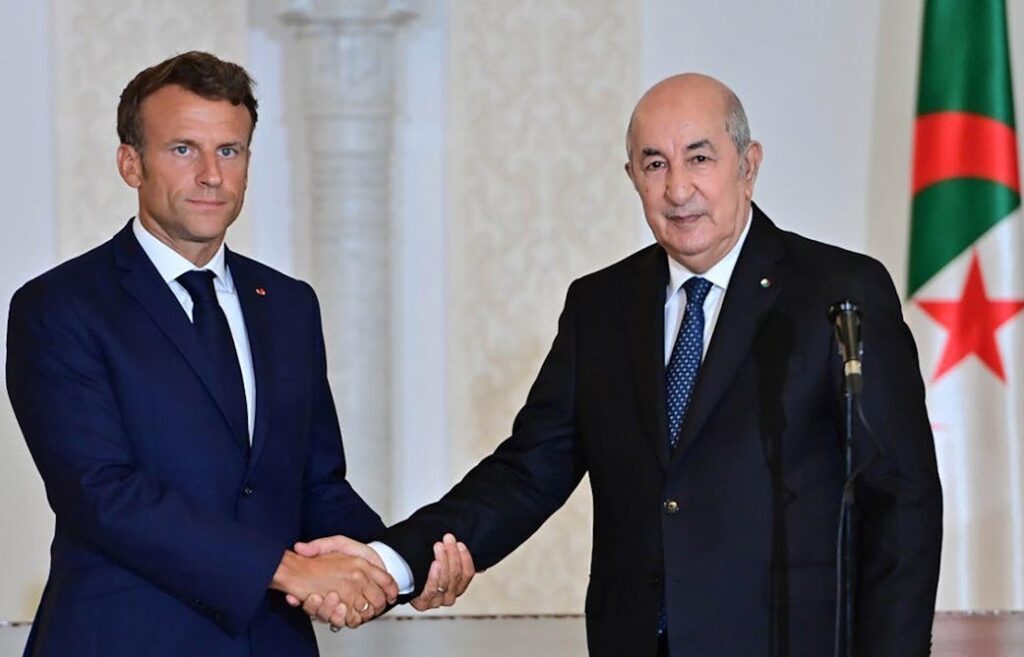
More on this story: France’s Western Sahara shift
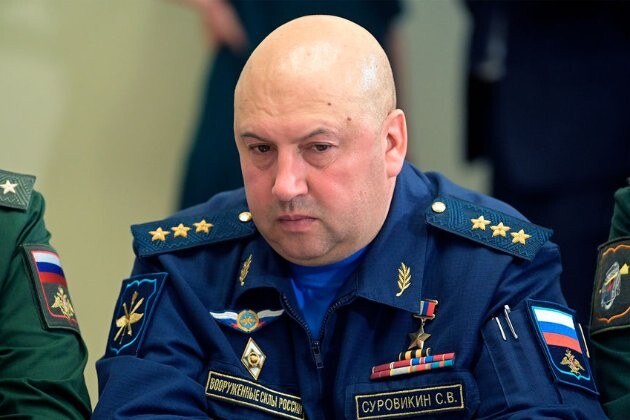
More on this story: Moscow appoints Surovikin: an echo of chaos in Russian military rule
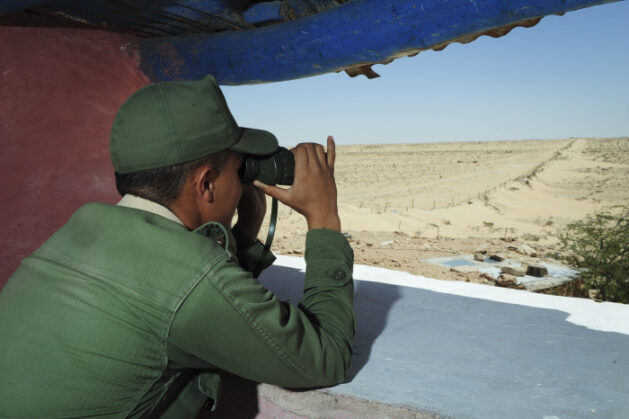
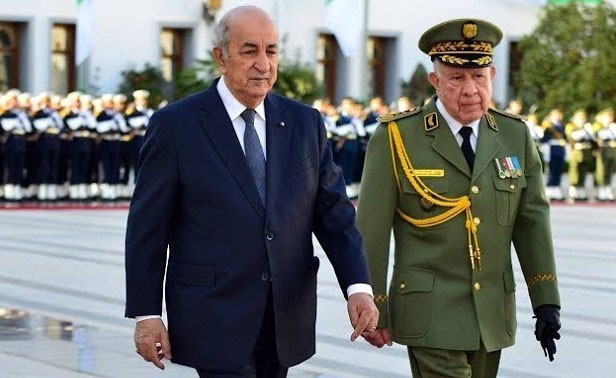
More on this story: Military rift hits Algerian chief of staff


